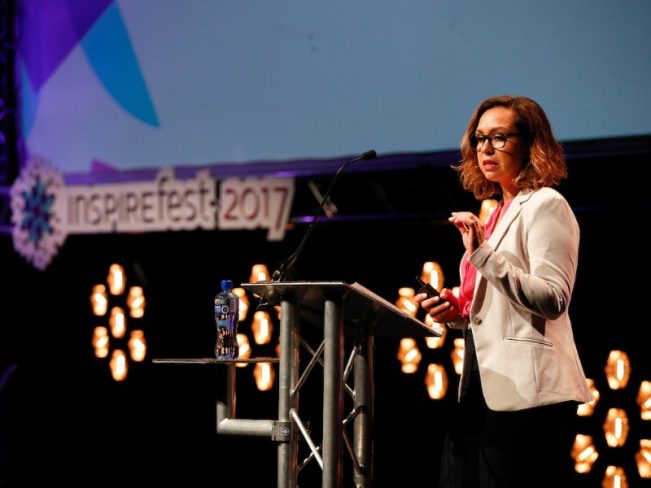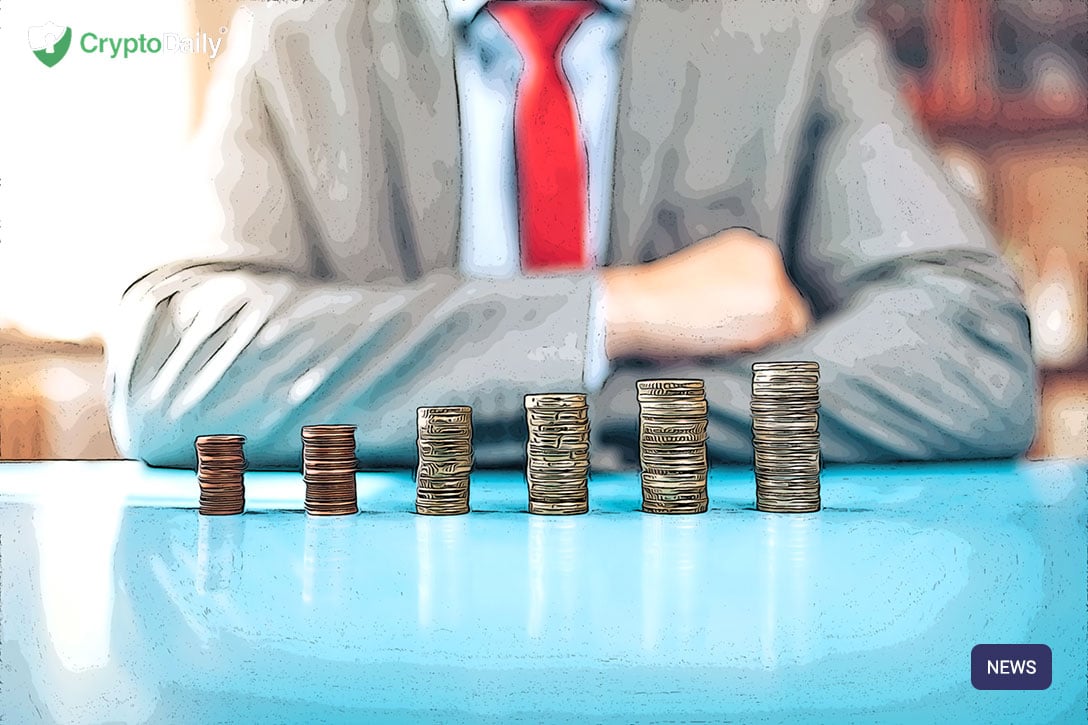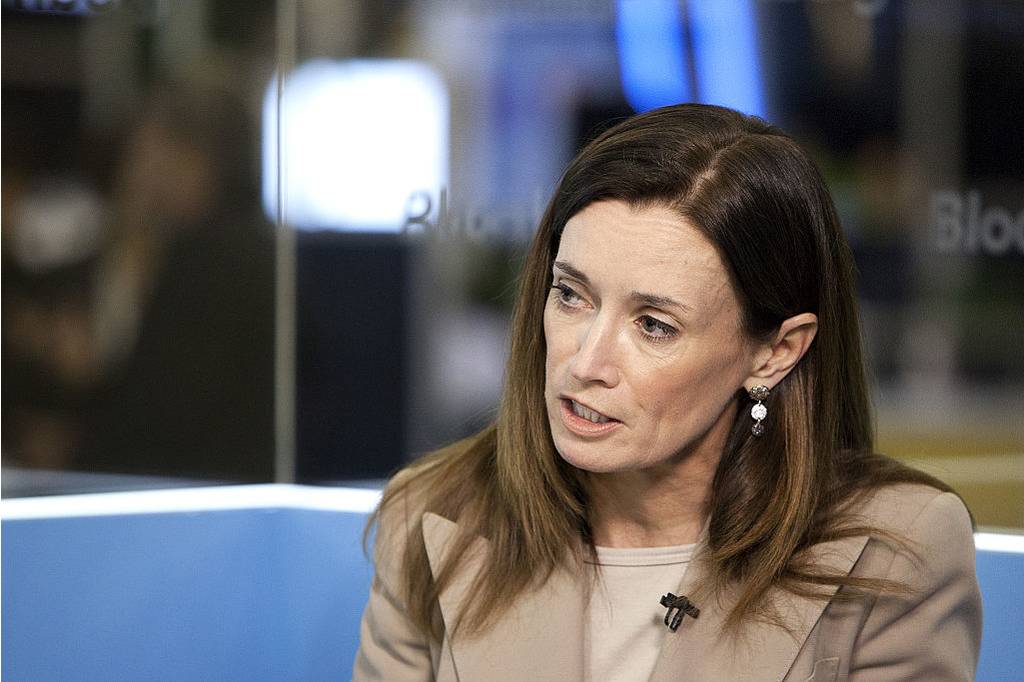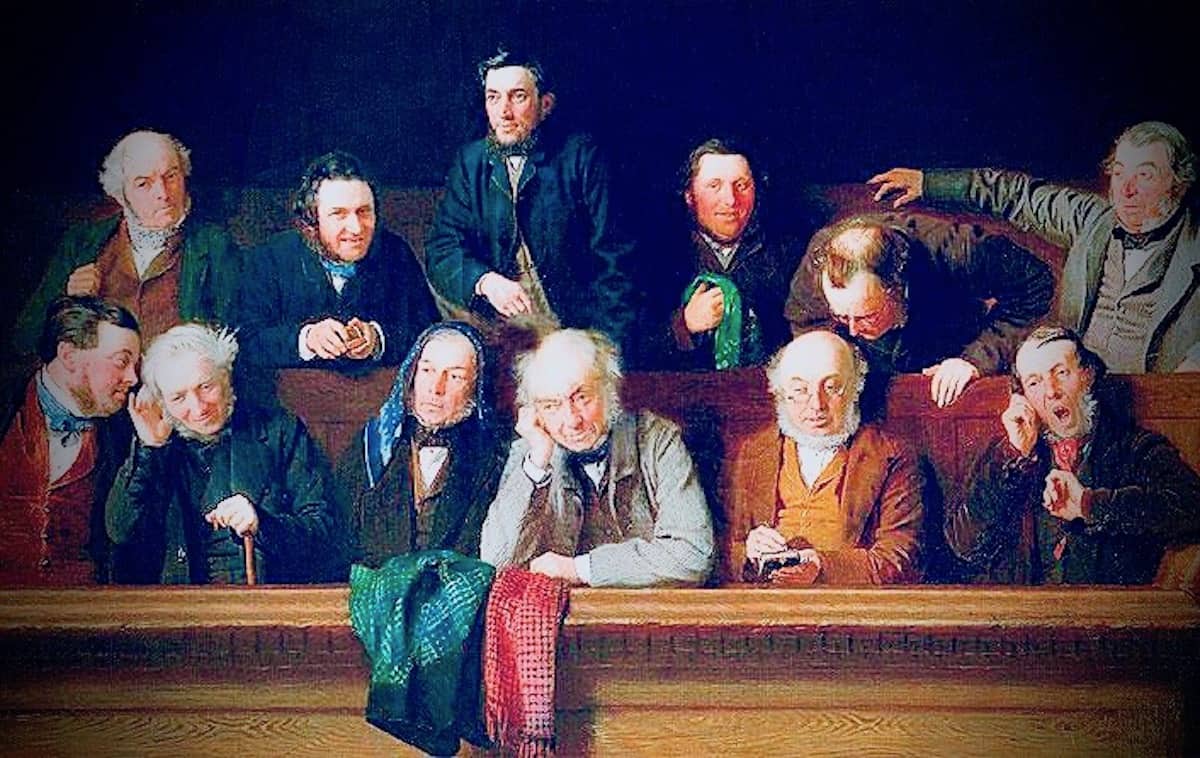At Inspirefest 2017, Amor Sexton explained the implications and possibilities offered by blockchain technology.
The financial community is abuzz over blockchain, a end-to-end technology that could, without exaggeration, revolutionise the way we do business.
Amor Sexton, who is a senior innovation manager at Citi, spoke on the topic of blockchain at Inspirefest 2017, and she made a seemingly unlikely comparison between blockchain and a shipping container.
“As recently as the ’50s, shipping was done the same way it had been done for centuries; cargo was loaded onto a ship barrel by barrel, crate by crate and box by box … it was a very slow game of maritime Tetris.”
Sexton added that theft was also rampant. “They said that a dock worker earned $20 a day and as much scotch as he could carry home.”
In 1956, however, the system changed. A trucking magnate named Malcolm McLean invented the humble shipping container, “a simple metal box that could be locked and could be used to transport goods between a truck and a ship”.
This invention streamlined the process of loading cargo and, as a result, cut down massively on loading times. This in turn cut down on costs and allowed for more cargo to be shipped at a time. The implementation of the container also resulted in fewer thefts, decreased union bargaining power and increased productivity.
The immediate effect was stark. In the first five years after the implementation of the shipping container, “bilateral trade increased by 320pc”. Over the course of the next two decades, this rose to a 790pc increase.
The Economist has gone so far as to say that the invention of the shipping container has been more of a driver of globalisation than all trade agreements of the past 50 years put together.
The question remains, though: what does this have to do with blockchain?
“Data has been described as the new global commodity, the oil of the digital era, and a key driver of growth and change; and, just as manufacturing relies on good-quality raw materials, the global data economy is powered by real-time access to accurate data,” Sexton explained.
“Just like shipping containers move all global commodities in a more secure and efficient manner, blockchain has the potential to provide a more efficient and secure way of transferring this new digital commodity.”
Source/More: What are the benefits and drawbacks to blockchain?



















